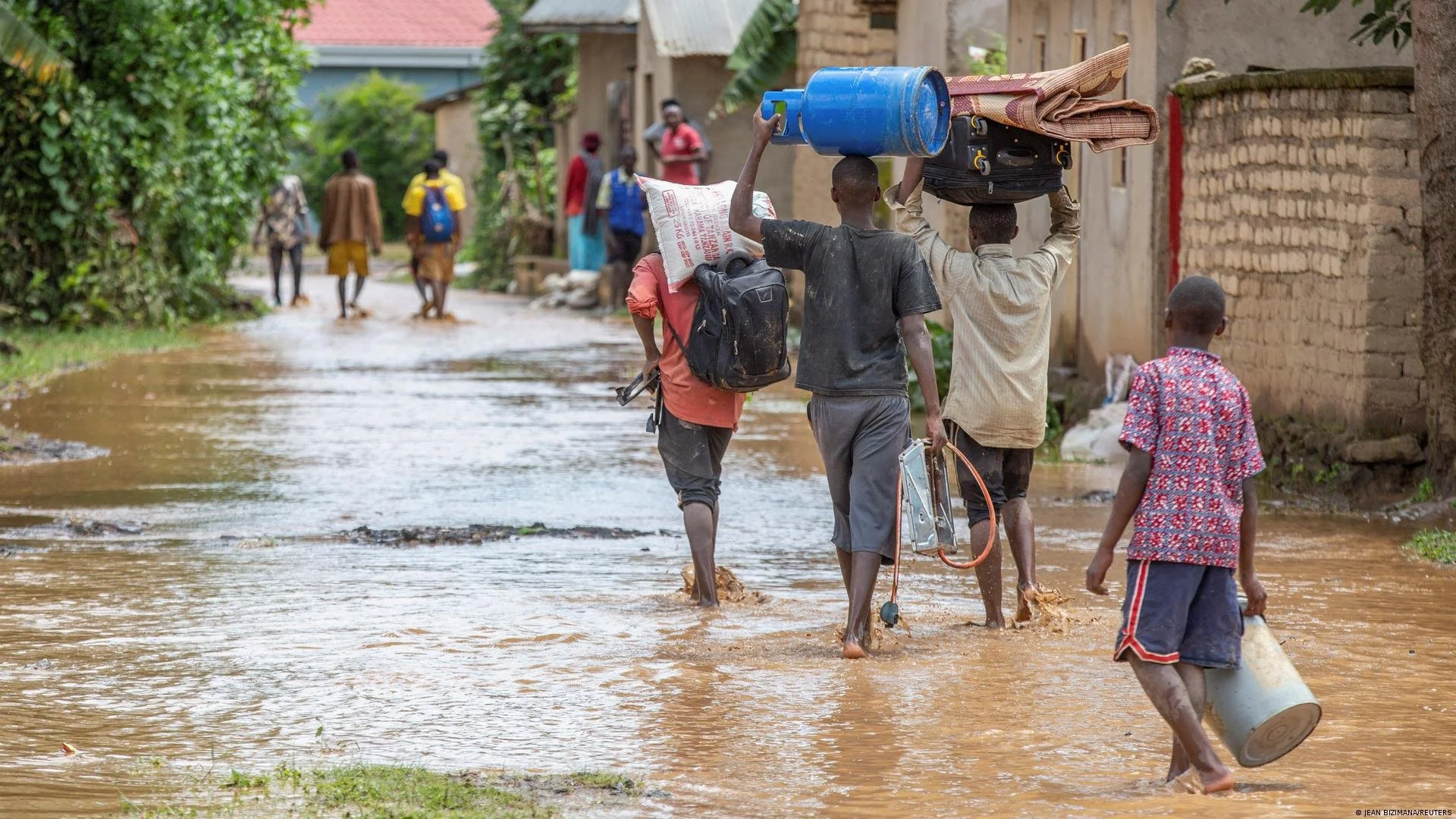Severe flooding and landslides in Rwanda killed at least 130 people in early May, displaced thousands and destroyed over 5,000 homes. According to researchers, climate change is only expected to continue destroying livelihoods and causing urban damage as Rwanda is particularly prone to experiencing floods.
Earlier in the year, the United Nations Development Programme (UNDP) outlined that globally, flood-related disasters have increased by 134% since 2000, and floods are now lasting 29% longer. In fact, it is projected that climate change will push 130 million people into poverty over the next decade, creating multiple development setbacks, while also forcing 200 million internal migrants by 2050.
Moreover, while global temperatures have increased by 1.1°C, countries in East Africa have experienced an increase of up to 1.7°C. Since 1960, the region has warmed from 0.7°C in Rwanda to 1.7°C in Eritrea. As such, Rwanda is especially susceptible to these catastrophic events as increasing temperatures worldwide are resulting in more frequent and intense climate-related disasters.
Flooding and landslides not only destroy livelihoods, but they also erode the soil that sustains crops. The agricultural-based economy employs 65% of the Rwandan population, and as a result, usable land is being eroded and degraded to meet these agricultural needs. On top of that, the UNDP notes that nearly 600 million tons of soil is lost annually in Rwanda due to torrential rain, therefore affecting agricultural productivity and creating risks of famine in the country.
To this end, civil society actors emphasize the importance of climate adaptation and resilience efforts to support communities affected by these climate-related events. One example is the Green Gicumbi Project, which aims to make hilltop farming both flood and drought resistant in Northern Rwanda. By building terraces and run off channels along with water storage for irrigation during the dry months is rapidly transforming the landscape in the region.
The results from the project have been promising. Jacqueline Nyirabikari, a Green Gicumbi Project farmer, highlighted the progress through this initiative by stating, “This land was no longer usable. But since the arrival of Green Gicumbi, climate change is no longer stopping us from growing crops.”
The $33.2 million project, which transforms an arid wasteland into a productive and climate resilient agricultural region, was primarily funded by the Green Climate Fund that emerged out of the Paris climate agreement and is currently being implemented by the Rwandan government.
Once again, these events highlight the importance of funding loss and damage efforts to protect and support communities who have been disproportionately affected by climate-related disasters. As these communities have played no role in creating the current climate crisis, the rest of the world must step up to provide financial and non-financial support for climate resilience and adaptation efforts.
Photo by Jean Bizimana/Reuters

